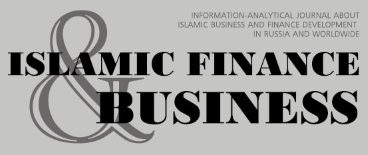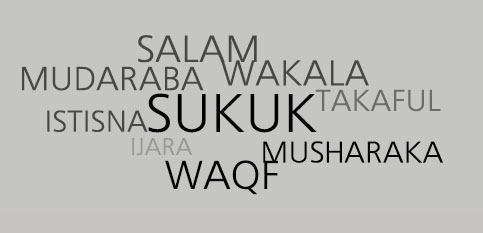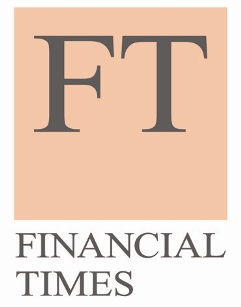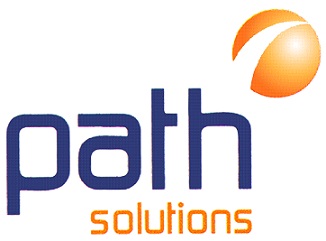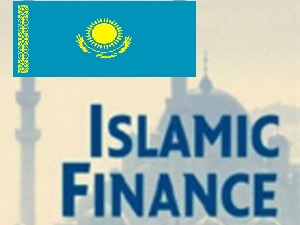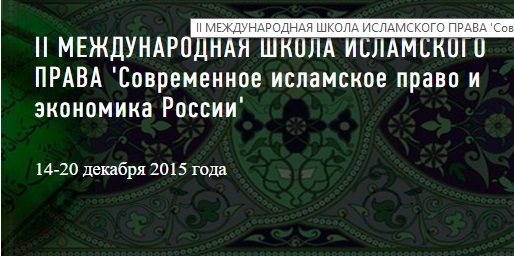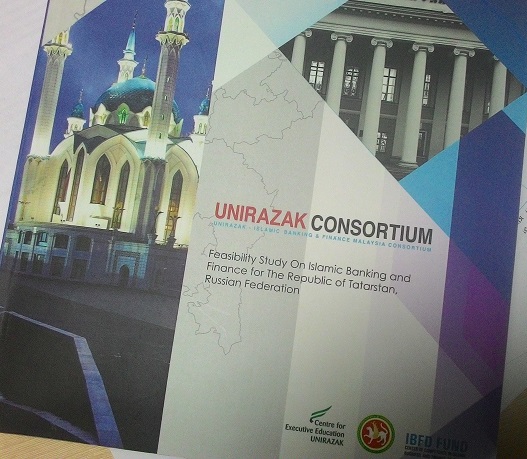Rabbi Aryeh Dvir receives his visitors in a Jerusalem flat lined with heavy, leather-bound religious books, and dressed in the traditional black-and-white garb of ultra-orthodox Jews. His face is framed by a white beard and sidelocks, and his speech is peppered with references to the Torah and centuries-old rabbinical interpretations.
Rabbi Aryeh Dvir receives his visitors in a Jerusalem flat lined with heavy, leather-bound religious books, and dressed in the traditional black-and-white garb of ultra-orthodox Jews. His face is framed by a white beard and sidelocks, and his speech is peppered with references to the Torah and centuries-old rabbinical interpretations.
Yet the people who want his guidance are usually seeking financial as well as spiritual illumination. They come to Rabbi Dvir knowing he boasts a rare combination of skills - religious scholarship and a sophisticated understanding of financial markets. The rabbi is happy to offer his take on the origins of the global economic crisis, occasionally consulting a financial textbook for Hebrew translations of words such as "derivatives".
Along with a handful of fund managers and investment experts, Rabbi Dvir spearheads an Israeli phenomenon known as "kosher investment". A small but fast-growing niche within asset management, such funds promise to invest only in financial products that conform with the Halakhah, the body of Jewish religious law. This means complying with the traditional ban on interest, but also avoiding companies that violate the Sabbath or offend other Jewish customs.
The first such fund started about a decade ago. Today, according to industry estimates, investors have put more than 1bn Israeli shekels ($263m, €196m, £177m) in kosher funds. It is still a small amount, especially when compared with the billions of dollars invested in funds that comply with sharia, or Islamic, law. But Rabbi Dvir and others say interest in kosher finance is rising sharply.
"There is a growing interest inside the religious community, and on the other side there are the corporations that want to have solutions so they can have access to these new investors," says Rabbi Dvir, who advises most of the Israeli funds that have sprung up in this niche.
The recent proliferation of such funds appears to be due to a confluence of trends, in particular the growing power of the ultra-orthodox community in Israel, as well as the broader increase in the role religion plays in Israeli public life. But kosher finance also offers a striking example of the relentless drive to innovate that marks out the financial services industry, ensuring that powerful trends such as sharia-compliant funds are picked up and transformed to suit other religious sensitivities.
Yaacov Moreshet is the founder and owner of Hilat Shoam, a Tel Aviv asset manager offering nine mutual and three provident funds, all complying with the Halakhah. His dapper appearance and smart office overlooking the Mediterranean are a world away from the closed environment of Rabbi Dvir and other ultra-orthodox Jews. But the bullish sentiment is quite similar. With about 700m Israeli shekels under management, Hilat Shoam is the country's biggest provider of kosher investments; the company was founded only in 2002.
"The Halakhah is very tight. I cannot invest in everything - it's a big limitation. You have to be more creative and find a solution to many problems," Mr Moreshet says.
One demand for kosher funds is that they comply with the ancient Jewish laws of ribbit , which prohibit the payment of interest on a loan. The ban, mirrored in Islamic finance, is based on biblical passages that compare interest with the bite of a snake.
Over the centuries, rabbinical jurisprudence has broadened this prohibition into a dense web of rules covering even the most arcane lending dilemma. A neighbour borrowing a dozen eggs is, for example, prohibited from returning even more to show his gratitude.
For Mr Moreshet and other kosher fund managers, the ban on ribbit poses a challenge when trading corporate or government bonds, which usually pay out an annual fixed interest rate. To get round the problem, the Israeli government and many Israeli companies issue a heter iska , a document in which the bond issuer declares that its buyers are business partners, not creditors. Another escape route is to buy bonds issued outside Israel, since the charging of interest is prohibited only in transactions between Jews. In addition, kosher funds must take care not to invest in Israeli or Jewish-owned companies that violate the Sabbath or fall foul of other religious prohibitions, such as the ban on baking or selling leavened bread over Passover. Several Israeli insurance companies are off-limits because they offer emergency services over the Sabbath.
According to Mr Moreshet, most of his investors are not ultra-orthodox Jews - who tend to have little money in the first place - but other religious Israelis. To them, performance is more important than the Halakha. "The first thing people ask is whether we earn enough money for our clients. Whether it is kosher or not is only the second item," he says.
"It's just like with a kosher restaurant," he adds. "First of all, the food has to taste good."
 Contacts |
Contacts |
 Русский
Русский

